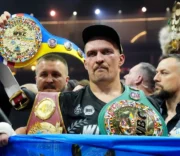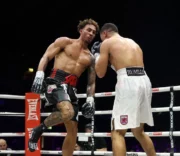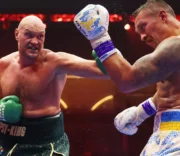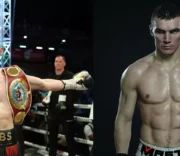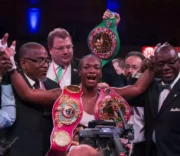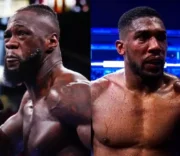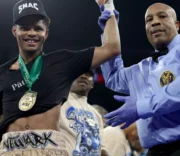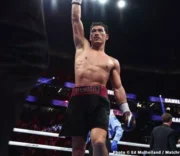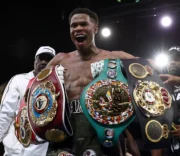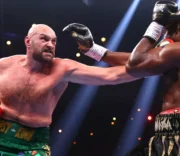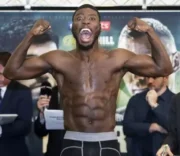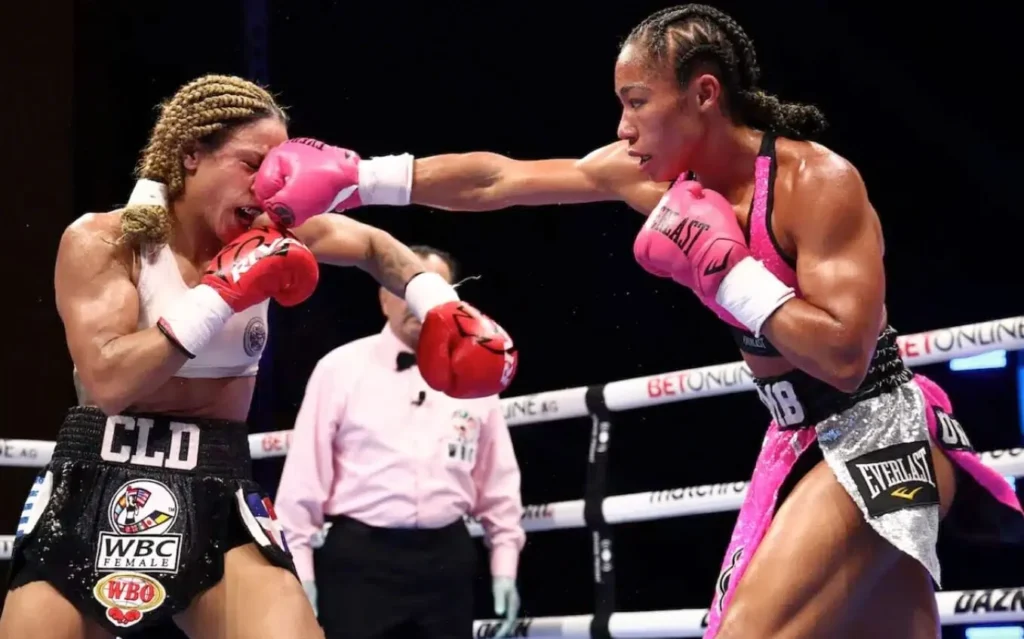
In the era of information overload, athletes, particularly boxers, face unique challenges. One of the most pressing issues is how they manage their image in the wake of doping scandals. Given the need for immediate responses, many are turning to social media to proclaim their innocence. But does this strategy work? Or does it end up being a double-edged sword?
The Boxer’s Dilemma: To Speak or Stay Silent
Before the ubiquity of the internet and the instantaneous nature of social media, athletes had the luxury of time on their side. Today, however, boxers feel pressured to respond immediately to allegations. The fear is that silence may be interpreted as guilt. Boxers like Conor Benn and Alycia Baumgardner have faced the public’s scrutiny in recent times, having been under the spotlight for doping-related controversies.
“Silence equals guilt.” This modern adage seems to guide the reactions of many accused individuals in our digital age.
Case Studies
In the ever-evolving landscape of professional sports, understanding specific incidents can offer profound insights into broader issues. Through an in-depth exploration of these case studies, we aim to shed light on the intricate nuances and underlying patterns that shape the industry’s dynamics.
Conor Benn:
- Accusations: Failed two performance-enhancing drug tests since last October.
- Online Defense: Numerous claims of innocence, each more fervent than the last.
Alycia Baumgardner:
- Accusations: A recent entry to the list of accused.
- Online Defense: Rapid defense on social media platforms, perhaps to avoid any misconceptions of guilt or evasion.
Boxers, when confronted with such allegations, might be crafting tweets in advance, awaiting the storm. Alternatively, they could be gauging public opinion before formulating their defense. Both approaches, though different, underscore the immense pressure they feel.
The Cause and Effect of Performance Enhancements
Being accused of doping is not on any boxer’s wishlist. While some may knowingly take the risk, others might be victims of misinformation. They could be misled by their trainers, misconstrue a product label, or simply be unaware of the substances they’re consuming.
Potential Misleading Sources:
| Cause | Description |
| Strength and Conditioning Coaches | May provide misguided advice or products. |
| Ambiguous Product Labels | Athletes may consume banned substances unknowingly. |
| Personal Ignorance | Lack of knowledge about the substances they intake. |
Being in the digital age means every move of these accused athletes is magnified. Many lack the ability to navigate these tumultuous waters, making hasty decisions in an effort to preserve their image.
The Social Media Spiral
The modern boxer’s impulse to defend themselves online might not always result in the desired outcome. Their posts and reactions, far from pacifying the masses, can sometimes fuel skepticism.
“Actions on social media can sometimes backfire, achieving the exact opposite of what was intended.”
This sentiment, commonly shared among PR professionals, highlights the risk of online defenses.
Baumgardner’s response to her accusations provides a vivid illustration:
- She made 38 tweets after the news of her positive test.
- These posts ranged from motivational quotes to childhood pictures to snippets of her training.
Each tweet seemed crafted to convey a specific message, either to naysayers or to the testing agencies. Yet, the flurry of posts portrays a boxer grappling with a situation spiraling out of control.
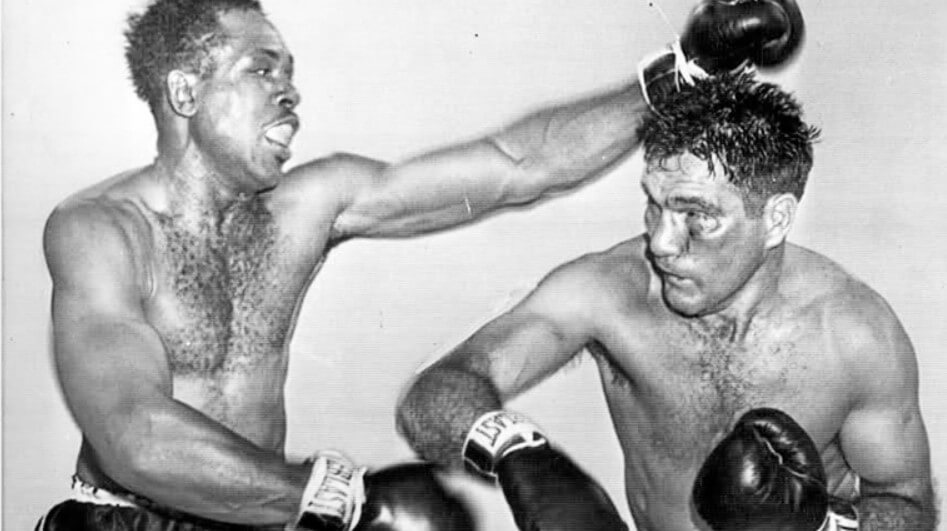
The Emotional Response vs. Logical Action
Boxers are emotionally-driven, a trait that can often be an asset in the ring. But outside it, particularly in the face of scandals, this can be their undoing. Immediate reactions, fueled by emotion, may lack the necessary prudence and forethought.
Consider Baumgardner’s actions of late. The need to constantly counter narratives, combined with the addictive nature of social media, propels athletes like her and Benn to respond in ways they might later regret.
If deprived of their digital outlets, these boxers might have a chance to reflect in solitude. This forced introspection could shield them from the many pitfalls of online controversies. They’d be compelled to face an even more challenging adversary than their ring opponents: the truth.
The Uneven Playing Field of Justice
2023 paints a grim picture of the boxing landscape. A discernible pattern emerges:
- Renowned boxers deploy their resources and charm to navigate the quagmire of doping allegations.
- Lesser-known athletes, lacking similar clout, often bear the brunt of the punishment.
It’s an irony that in boxing, the lesser-known are often made examples of. They become the sacrificial lambs, while the sport’s big names craft narratives of “redemption” or “proving innocence.”
The Last Drop of Wisdom
The world of boxing, like many other sports, finds itself at a crossroads. Social media amplifies controversies, and athletes’ attempts to manage them might be doing more harm than good. There’s a need for a more level-headed approach, one that prioritizes truth over narratives. As boxing evolves, so too must its response to the challenges of the digital age.





